Non-fungible tokens (NFTs) are becoming increasingly popular in the digital asset market and offer a wide range of benefits for businesses. NFTs provide an innovative way for companies to leverage blockchain technology, create new revenue streams, engage with customers, and boost overall business growth. This article will discuss the various marketplace opportunities available through NFTs that can help businesses reach their goals. We’ll explore the basics of how to use them as well as some tips on how to maximize their potential.
The Non-Fungible Token (NFT) marketplace has exploded in popularity in recent years, and savvy business owners are beginning to recognize the potential for leveraging NFTs to grow their businesses. With an NFT, a digital asset can be stored on a blockchain or other distributed ledger technology and sold as an individual item with its own unique characteristics. This makes it possible for business owners to create digital assets that have never been seen before and offer them as collectibles or investments.
What are NFTs?
Non-fungible tokens, or NFTs, have been gaining traction in the digital world as of late. These tokens are taking the world by storm with their ability to store and assign ownership of virtual items that can be used for a wide range of applications. From gaming to artwork, NFTs have opened up a whole new realm of possibilities for users to explore. As popularity grows, so do the number of marketplaces that are giving users an opportunity to purchase and trade these unique pieces of digital art and collectables.
Non-fungible tokens (NFTs) and the blockchain-based marketplaces they power have been gaining considerable interest in recent years. In this article, we will explore what NFTs are, how they work, and discuss their potential applications in the digital economy. We’ll also examine some of the implications of this technology on existing markets, as well as how it could be used to create entirely new ones.
Introducing NFT Marketplace
Non-fungible tokens (NFTs) have quickly become a major player in the world of digital assets, with an ever-growing and diverse marketplace. NFTs are unique, one-of-a-kind digital assets that are digitally scarce, verifiable, and immutable. The potential of NFTs is just now being realized as they revolutionize how people interact with and own digital goods. Today we are proud to introduce the newest addition to this rapidly changing space – the NFT Marketplace.
The world of blockchain technology is continuously evolving and experiencing rapid growth. NFT marketplace platform development is the latest development in this ever-expanding industry, introducing a new way for people to buy, sell, and interact with digital assets that are secured on the Ethereum Blockchain. This revolutionary platform will provide an outlet for individuals, organizations, and businesses to trade non-fungible tokens (NFTs), which have become increasingly popular over the last year.
Benefits of NFT Marketplace for Business
NFTs, or non-fungible tokens, are digital assets that have been making waves in the cryptocurrency world. NFTs are unique and cannot be interchanged with other digital assets. This makes them ideal for use in a variety of industries, including gaming and the art world. The NFT marketplace provides new opportunities for businesses to capitalize on the benefits of this technology. By leveraging NFT technologies, businesses can benefit from increased liquidity and security, as well as access to alternative markets.
The emergence of Non-Fungible Tokens (NFTs) has revolutionized the digital art world and created opportunities for businesses to benefit from their unique properties. NFTs provide unprecedented levels of control, security, and liquidity that open up limitless possibilities for business owners. These tokens can be used to create new products and services, expand digital marketing capabilities, increase user engagement, and generate previously untapped revenue streams. By leveraging the potential of NFTs in the marketplace, businesses can explore new frontiers in the digital economy that were once unimaginable.
NFTs (non-fungible tokens) are a revolutionary new way to create, protect, and monetize digital assets. They have become increasingly popular over the last few years due to their unique ability to be exchanged on blockchain networks with immutable proof of ownership. The NFT marketplace is an integral part of the NFT economy, providing businesses with a secure platform for buying and selling digital goods in exchange for cryptocurrency.
Building an Effective NFT Marketplace Strategy
NFTs, or Non-Fungible Tokens, have recently become a hot topic in the digital world. By providing unique digital assets, NFTs are revolutionizing the way we trade online. From art to gaming to music and more, NFT Development have opened up new possibilities for creators and collectors alike. As the market continues to expand rapidly, it is important for those looking to capitalize on this trend to understand how they can best create an effective NFT marketplace strategy.
Non-fungible tokens (NFTs) are the latest sensation in the world of cryptocurrency and digital assets. They provide a unique way to tokenize digital and physical items, making them more accessible and secure than ever before. As a result, there is an increasing demand for NFT marketplaces to facilitate transactions between buyers and sellers. But launching and running a successful NFT marketplace requires careful strategy. This article will explore some of the key considerations for building an effective NFT marketplace strategy that incorporates all aspects of the business, from attracting users to ensuring security.
Non-Fungible Tokens (NFTs) are quickly becoming one of the most sought after digital assets, allowing individuals to own and collect unique pieces of art, music, videos, and more. As a result, an increasing number of businesses have begun developing their own NFT marketplaces in order to capitalize on this new trend. However, creating a successful NFT marketplace is no easy feat. It requires careful consideration of different factors such as platform design and technology resources.
Challenges of Selling NFTs
Non-fungible tokens (NFTs) have created a new form of digital asset for people to buy and sell, creating an exciting market for investors. However, the challenges related to selling NFTs are often overlooked. In this article, we’ll discuss the most common difficulties associated with selling NFTs, such as liquidity issues, tax implications and understanding blockchain technology. We’ll also take a look at how entrepreneurs can overcome these challenges and make informed decisions when it comes to investing in or selling NFTs.
Non-fungible tokens (NFTs) are digital assets that are becoming increasingly popular among investors, collectors, and entrepreneurs. These unique tokens can represent artwork, music, or digital collectibles and often come with economic benefits. Despite the many advantages of NFTs, it is important to consider the various challenges associated with selling them. This article will discuss some of the most common challenges encountered when attempting to sell an NFT. It will provide insights into how sellers can overcome these obstacles in order to succeed in this rapidly growing market.
Non-fungible tokens (NFTs) have become quite popular in the digital world. The concept of owning virtual art, music, and other collectibles is alluring to many people. NFTs are seen as a way to monetize creative content while providing investors with potential profits and bragging rights. However, the process of selling these unique digital assets can present some unique challenges for sellers. This article will explore some of the difficulties that sellers may encounter when trying to sell NFTs and how they can be addressed.
Enhancing Your NFT Marketplace
Non-fungible tokens (NFTs) have recently seen a surge of popularity due to their unique features and capabilities. NFT marketplaces are digital spaces specifically designed for the buying and selling of these tokens, allowing users to collect, trade, and use their digital assets in creative ways. If you’re looking to build your own NFT marketplace, there are many things you should consider in order to make it successful. This article will walk you through some of the key components that can help enhance your existing or soon-to-be NFT marketplace.
In the world of non-fungible tokens (NFTs), a marketplace can be an integral part of enhancing the usability and value of these digital assets. Without an effective marketplace, it’s difficult for traders to find and purchase the specific NFTs they’re looking for, and for sellers to easily find customers. To ensure that your NFT marketplace is successful, there are several key considerations you should keep in mind. This article will discuss how to enhance your NFT marketplace by optimizing design, improving user experience, understanding regulations and taxes, and more.
Non-fungible tokens (NFTs) are a revolutionary way to authenticate digital assets and create unique digital marketplaces. With the growth of NFTs, developers have been creating unique ways to monetize these tokens and give users more control over their digital assets. This article will explore how developers can enhance their NFT marketplace by providing features such as security, scalability, and user experience. We will look at case studies of successful NFT marketplaces that have implemented these features and discuss how they can be applied in different scenarios.
Conclusion
In conclusion, leveraging NFT marketplaces can be a great way to drive business growth. With the right strategies, businesses can use this technology to gain visibility, promote their products and services, and even monetize their digital assets. Ultimately, the success of your business depends on how well you strategize your NFT marketplace presence. For those looking to get ahead in the ever-evolving digital landscape, investing in an NFT marketplace is certainly worth considering.





















